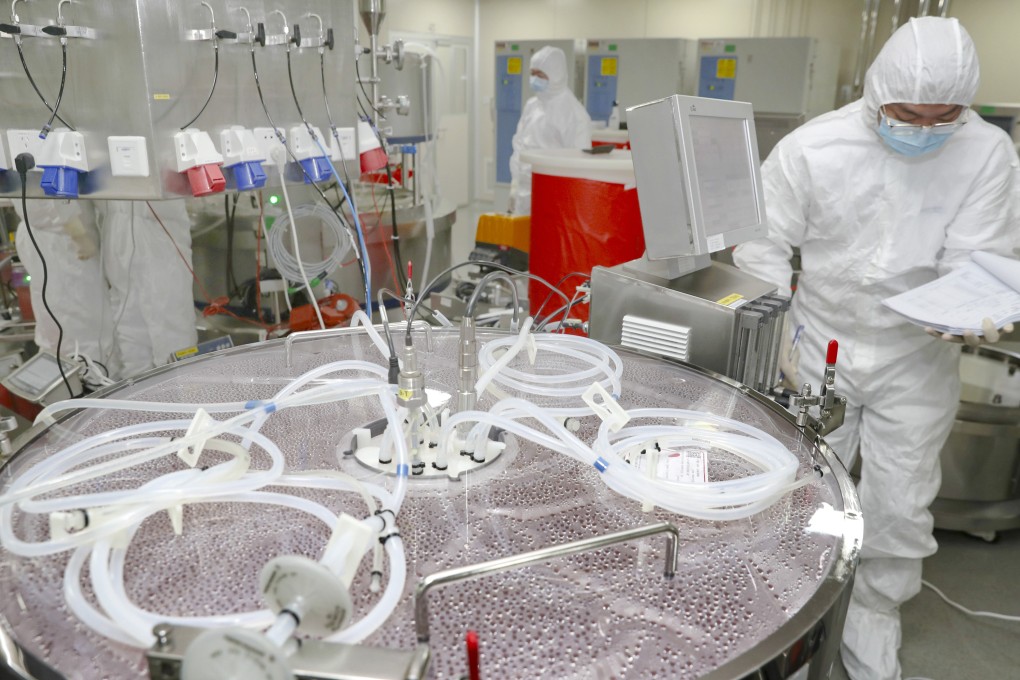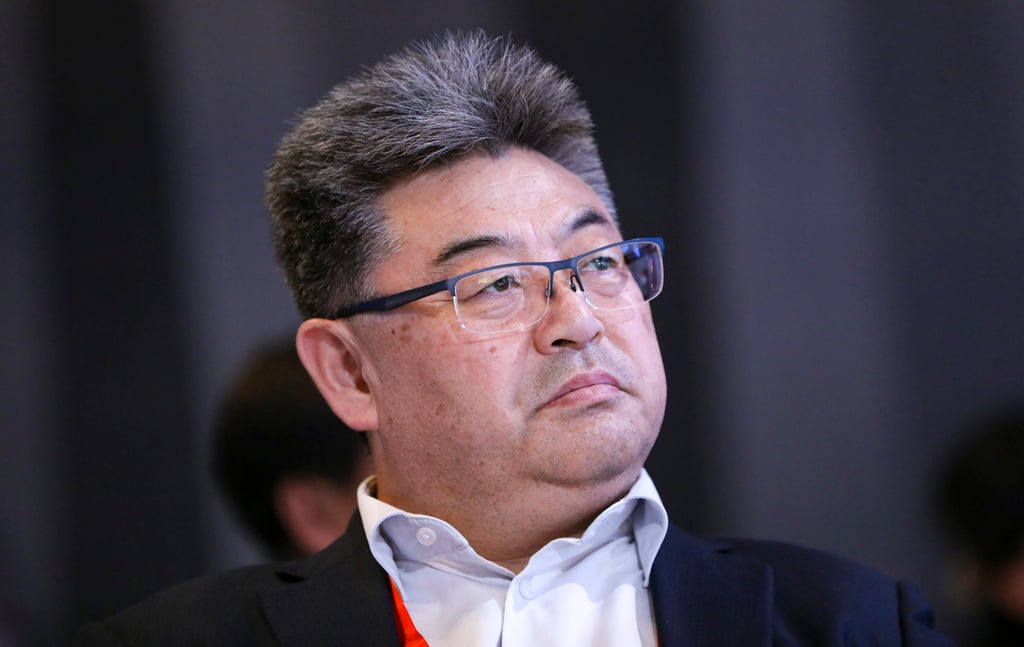CanSino Biologics CEO Yu Xuefeng says mRNA vaccines are key to China’s coronavirus fight
- China has yet to approve any mRNA vaccines, which have a much higher efficacy rate than ones made using older forms of technology
- CanSino Biologics has started a clinical trial in Beijing, and the World Health Organization has approved its viral vector vaccine for emergency use

An mRNA Covid-19 vaccine would be a valuable addition to China’s fight against the coronavirus, Chinese vaccine producer CanSino Biologics CEO Yu Xuefeng told the Post.
The company has started a clinical trial in Beijing on its mRNA vaccine after it was cleared for trial in early April, but possible Covid-19 outbreaks could delay the recruiting of participants, Yu said. “China, as a big country, they really need to prepare themselves for any technologies, any challenges to protect people there,” he said.
He added that the mRNA technology, which his company started working on four years ago, “certainly provides its value”.
“When we faced the Covid-19 pandemic, we felt the viral vector is much more mature, that’s why we chose [to base our vaccine on it].”

The World Health Organization approved the company’s viral vector vaccine for emergency use on Thursday, making it the third such Chinese product and 11th overall to be approved for the global market.